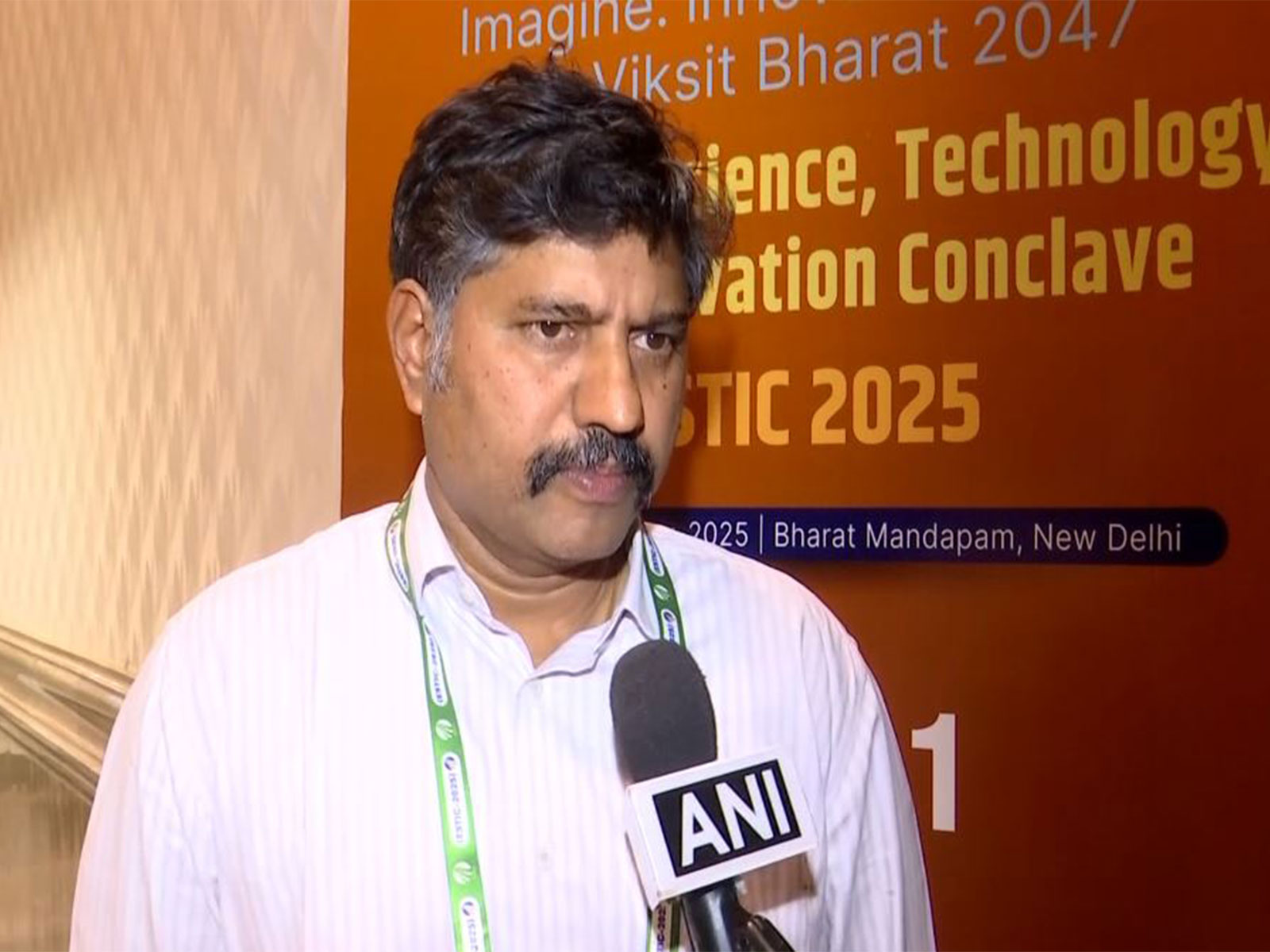India Leads in Indigenous Satellite Chipset Development, Paving Way for Innovation Hub
India is distinguishing itself with the development of indigenous satellite chipsets, showcasing its technological advancement in the SATCOM sector. The nation is poised to play a pivotal role in next-generation connectivity and aims to transform into a product-driven innovation hub by 2047, supported by evolving semiconductor policies.

- Country:
- India
New Delhi [India], November 5 (ANI) — As part of its growing technological self-reliance, India stands out as one of the few countries in the world crafting indigenous satellite chipsets, according to Parag Naik, Executive Vice President of Tejas Networks. Naik shared insights in an exclusive interview during the Emerging Science, Technology, and Innovation Conclave (ESTIC).
Highlighting India's SATCOM industry advancements, Naik emphasized the pivotal role ISRO plays in launching satellites. Tejas Networks is focused on developing next-generation, non-terrestrial 3GPP-based standards for satellite communications, set to be integral to future 6G networks.
He detailed how indigenous satellite technologies are crucial in connecting remote areas and enhancing national security. Naik cited examples such as a lifesaving indigenous chipset deployed among Indian fishermen to prevent straying into hostile territories, which was recognized at the Mobile World Congress for its social impact.
Beyond SATCOM, Naik envisions India evolving into a product-driven innovation hub. He revealed a list of policy recommendations aimed at achieving this goal by 2047.
Naik advocated for establishing innovation centers across districts, noting the practicality of rural youth. On semiconductor policy, he acknowledged its evolutionary nature but praised initiatives such as the DST's Rs 1 lakh crore fund and PLI-DLI schemes as vital to deep-tech growth.
"Building hardware requires patience, possibly a decade before witnessing significant breakthroughs," he said, emphasizing the long-term culture of innovation that is being nurtured in India.
ALSO READ
-
Champions at Home: PM Modi Celebrates with India's Triumphant Women Cricketers
-
India's Transformative Development: A Model for the Global South
-
Indian Grandmaster Diptayan Ghosh Stuns Chess World with Major Upset
-
Strengthening Ties: The Robust India-Japan Partnership in the Indo-Pacific
-
Triumphant Reunion: Indian Women's Cricket Team Meets PM Modi









